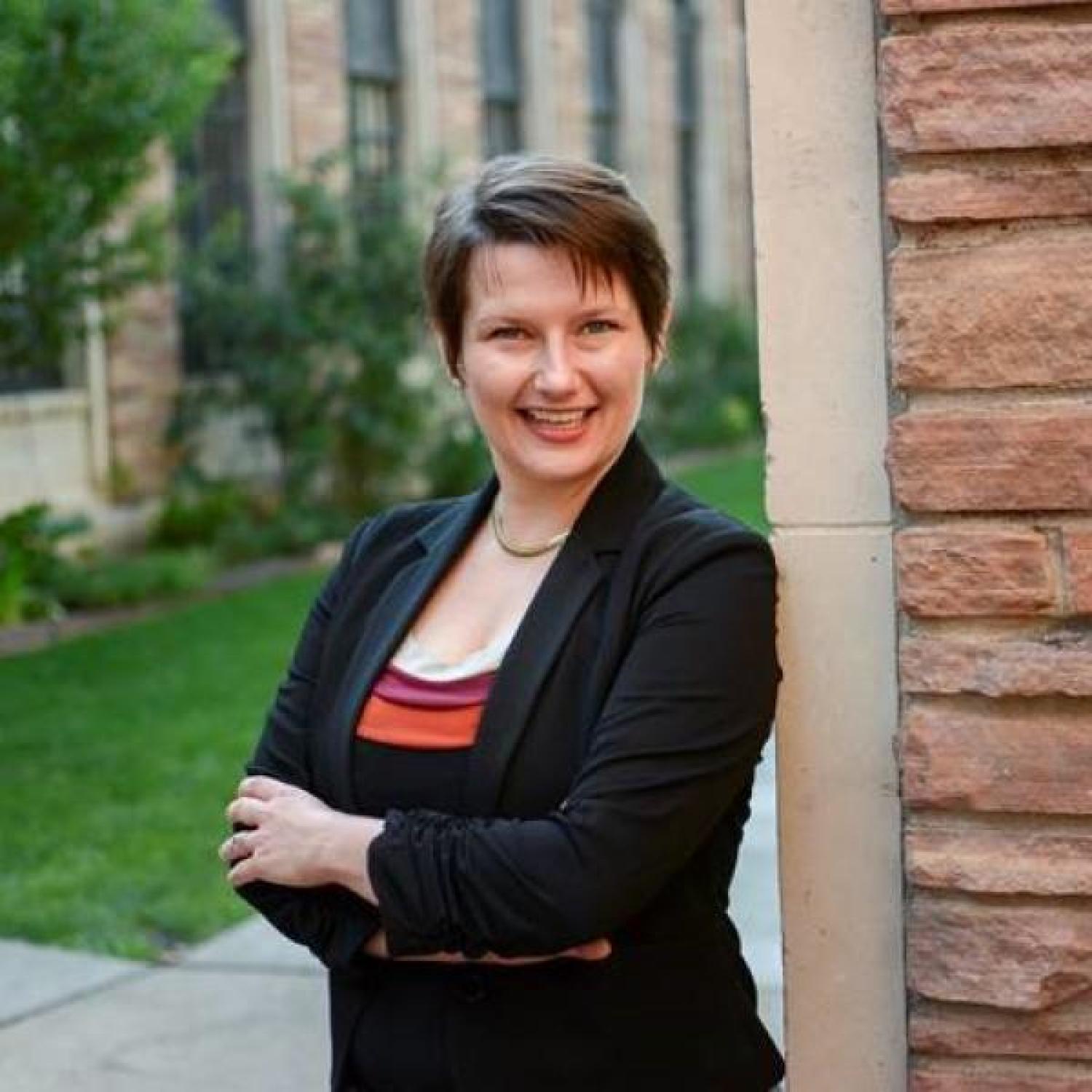A Conversation with Kerri Wingert on the Equitable Instruction Group
Ensuring Anti-Racist and Anti-Oppressive Research Practices and Deliverables in Research, Lab, and Instructional Environments

ICS: What are the goals, objectives, vision of the group?
KW: I started this group because I want to work within teaching communities to support all students to thrive, heal, and continue to love learning. I taught at a middle school for expelled students before coming to CU Boulder, and personally witnessed the damage that education systems can do when teachers do not believe in their students' brilliance. I want all teachers to affirm students as capable and to give all students a chance to figure out meaningful science.
ICS: How might this group impact the inquiryHub research?
KW: Being a high-quality educator and researcher means conscious, continual reflection. And being a White researcher has meant I have extra work to do to unpack my own ideas around racialized learning and my history.
ICS: How does it operate? What general process are you following, and how did you come up with the process?
KW: As a team we are reading works by researchers of color, sharing our own perspectives in small groups, and reflecting on what we could be doing better as a research-practice community. Each meeting includes agenda time for each of these things: connecting, sensemaking, reflecting on what we've been doing, and imagining it differently. Our reading list has included Django Paris' anthology "Culturally Sustaining Pedagogies" and other key voices in critical and cultural pedagogies research, such as Gloria Ladson Billings, Bryan Brown, H. Samy Alim, Nelson Flores & Jonathan Rosa. We have explored our own commitments and upbringings relative to racial justice, the role of language in racial identity and justice in education, the ways that we interpret students' expressions of resistance in the classroom, AP curriculum and its segregating impacts on US high schools, and the Universal Design for Learning framework.
At the end of each meeting, we take time to apply key principles from our conversation to our shared work in iHub, including questions like, "How should we help teachers understand when students are resistant to a lesson? What is the value in asking what students are interested in? How does our framework for design address racial justice? Where are our racial justice commitments less clear?" We also consult with each other on literature by researchers of color in order to engage in citational justice. We share a Google workspace to keep our ideas from one meeting to the next.
ICS: About how many people are participating and what is the time commitment?
KW: About a dozen faculty, staff, community partners, and students who appear white-bodied, meet every other Tuesday for the drop-in meeting for an hour.
ICS: How can other research groups, labs, and projects start similar groups?
KW: If you are interested in starting a lab-wide racial justice learning group, feel free to connect with Kerri at kerri.wingert@colorado.edu or the IDEC group at ICS.
Disclaimer: Kerri would like to acknowledge that as a cis white woman, the responses above and the approach the group is taking come from a "very white point of view’" Though she consciously examines herself and her words through the lens of white supremacy as much as possible, not yet identified unconscious biases may exist in the writing and the approaches taken in this group.


